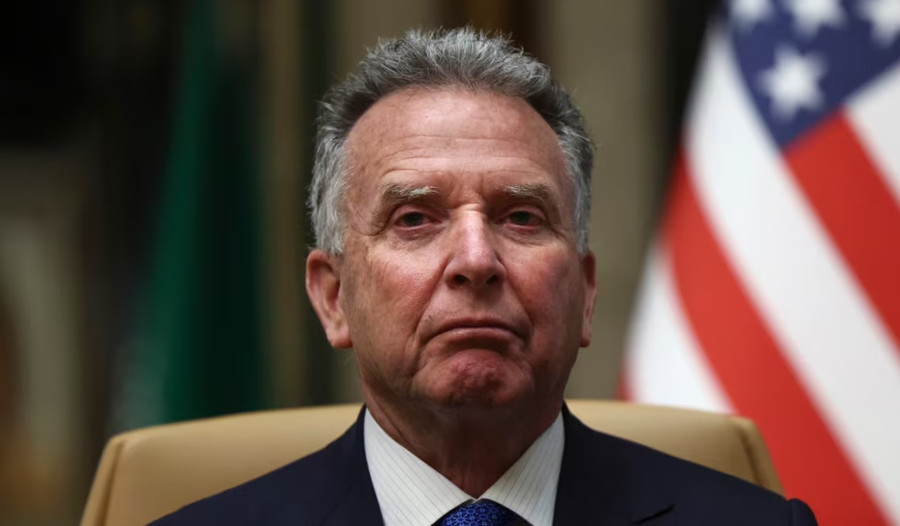
President Donald Trump's Middle East envoy, Steve Witkoff, said Sunday that the United States expects the second phase of the Israel-Hamas ceasefire agreement to be implemented and announced that he will visit the Middle East next week.
Mr. Witkoff made the comments in an interview with CNN after being asked about Israel's decision to delay the release of Palestinian prisoners and detainees and what impact he predicted developments in the region would have on the ceasefire.
“We need to have an extension of the first phase,” Mr. Witkoff said. “I will be going to the region this week, probably on Wednesday, to negotiate something like that.”
Israeli Prime Minister Benjamin Netanyahu's office said Sunday that Israel would not hand over 620 Palestinian prisoners and detainees "until the release of the next hostages is secured and done without humiliating ceremony."
Hamas released six hostages from Gaza on Saturday. Several Israeli hostages and Palestinian prisoners and detainees have been released as part of a three-phase ceasefire in Gaza that took effect shortly before Mr. Trump took office on Jan. 20.
The UN human rights office has described as disturbing images of Israeli hostages and freed Palestinian prisoners who were extremely emaciated, saying they reflect the dire conditions in which they were held.
Palestinian officials have cited the blindfolding and handcuffing of Palestinian prisoners and warnings against celebrations for their release as examples of their humiliation by Israeli authorities.
Israel cites as evidence of the humiliation of the hostages the fact that Hamas forces them to appear before crowds and sometimes speak before being returned to Israel, as well as the fact that coffins containing the remains of hostages are circulated among the crowds.
Mr. Witkoff told CNN that Mr. Netanyahu had "good intentions" and that Hamas cannot continue to rule Gaza.
Israel's military offensive on Gaza has killed more than 48,000 Palestinians since October 2023, according to Gaza's Hamas-controlled health ministry, which does not distinguish between fighters and civilians, and has resulted in accusations of genocide and war crimes that Israel denies.
The attack displaced almost the entire population of Gaza and caused a famine.
The latest bloodshed in the decade-long Israeli-Palestinian conflict began after October 7, 2023, when Hamas attacked Israel, killing 1,200 people and taking about 250 hostages, according to Israeli reports.
Mr. Trump himself has drawn international backlash over his proposal to take control of Gaza and permanently displace the enclave's Palestinians. Rights experts and the United Nations have called it a proposal for ethnic cleansing./ VOA (A2 Televizion)











